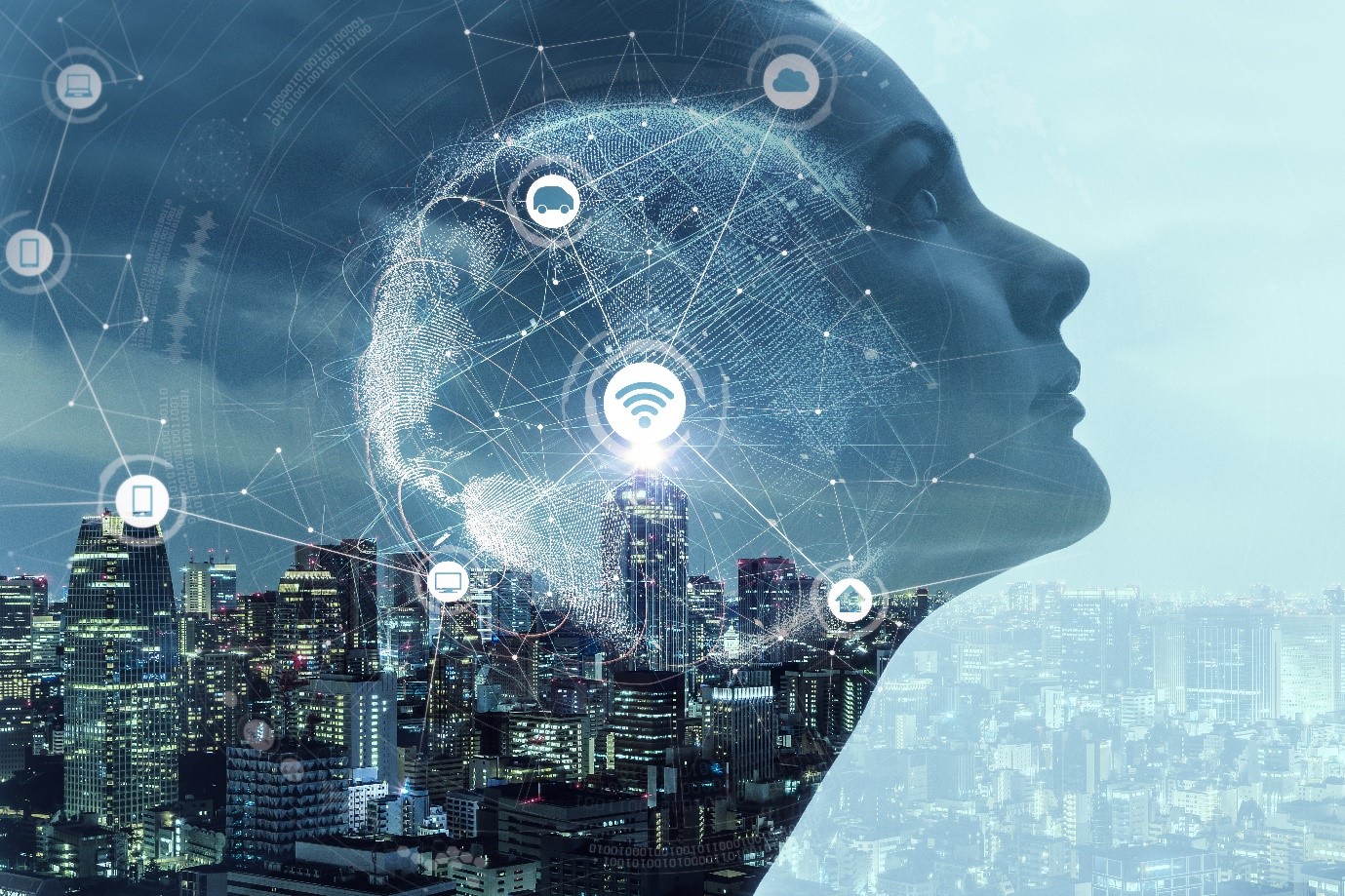
Who Will Drive Change: AI or Human Decision-Making?
- Dec 16, 2024
- | 15
The rapid advancement of technology has sparked a crucial question: Who will drive change in the future, AI or human decision-making? With AI making significant strides across sectors like healthcare, education, and business, many wonder if AI will replace human decision-making entirely or if humans will continue to lead the way in shaping our world.
This question becomes even more pressing as AI is increasingly integrated into daily life. Imagine a future where decisions are not just informed by human input but are made by machines capable of analyzing vast amounts of data in seconds.
As AI grows more powerful, the real question is: will humans control the technology, or will AI-driven systems take charge of decision-making?
The Rise of AI-Driven Smart Desktops: AI's Role in Driving Change
AI-powered tools are transforming workplaces, improving efficiency, and enhancing productivity. One such innovation is the AI-driven smart desktop, a personalized system that adapts to the needs of individuals by automating repetitive tasks and offering real-time insights.
This technology has significant potential to drive change in various industries, helping businesses make quicker, more agile decisions based on data analysis.
However, while AI systems can process vast amounts of information, humans remain essential in guiding final decisions.
AI provides data-driven insights, but it is humans who interpret that data, applying judgment, values, and experience to make informed choices. Human decision-making still holds a central role in steering the outcomes of AI-driven processes.
AI’s Growing Role in Everyday Decisions: How AI Impacts Our Choices
Image source: Bernardmarr
AI is already influencing everyday decisions through platforms like social media, online shopping, and more. AI-driven algorithms learn from user behaviour to offer product suggestions and content that align with individual preferences.
However, this reliance on AI raises important ethical questions about privacy and the limits on freedom of choice. As AI continues to evolve, it will become more involved in decision-making across sectors like healthcare and finance.
Despite its growing influence, AI cannot replace the critical role of human judgment in these decisions. The question remains: while AI systems can analyze data and offer recommendations, will humans still oversee these decisions and make the final calls, or will AI take over completely?
The Human Element in Decision-Making: Why Humans Will Continue to Lead
Human decision-making is rooted in judgment, creativity, and emotional intelligence—qualities that AI has yet to master. While AI can analyze vast datasets and identify patterns, it cannot consider emotional and ethical complexities. Humans, on the other hand, can think creatively and make decisions based not only on data but also on empathy, values, and intuition.
For instance, in healthcare, AI may recommend a treatment plan based on medical data, but only a human doctor can consider a patient’s unique circumstances and emotional needs. This human element ensures that decisions are not just logical but also compassionate.
How AI Can Assist Human Decision-Making: AI as a Valuable Tool
Image source: Culture
Rather than replacing humans, AI can enhance the decision-making process by providing valuable insights and automating routine tasks. AI-driven systems can uncover trends and patterns within large datasets that would be difficult for humans to identify on their own.
For example, AI can analyze market conditions, customer behaviour, and competitor strategies to offer executives helpful recommendations. However, the final decision still rests with human leaders, who must consider broader context and make choices based on their experience and judgment.
AI-powered devices like AI-powered laptops or smart desktops can further streamline decision-making by automating repetitive tasks, freeing up time for professionals to focus on strategic decisions. These devices make human decision-making more efficient but do not replace the human touch.
The Ethical Considerations of AI in Decision-Making: Why Human Oversight Is Essential
As AI continues to play a role in decision-making, ethical concerns arise. Who is responsible when an AI system makes a harmful decision? If AI is trained on biased data, the decisions it makes could perpetuate inequality or unfair practices. This is why human oversight remains crucial in ensuring that AI-driven decisions align with ethical standards.
Thus, maintaining a balance between AI and human judgment is essential to preserving the ethical and moral integrity of decisions.
The Future of Decision-Making: A Partnership Between Humans and AI
Image source: Money-CNN
Looking ahead, the future of decision-making will likely be a partnership between humans and AI. Rather than AI replacing human decision-making, it will serve to enhance human capabilities.
AI can provide data, analyze trends, and offer recommendations, but humans will continue to bring their creativity, emotional intelligence, and values to the table. This collaboration will lead to smarter, faster, and more informed decision-making.
In fields like healthcare, business, and education, AI-driven systems will continue to evolve and assist in decision-making, but the human element will always be necessary.
AI as a Tool, Not a Replacement: How AI Will Work Alongside Humans
AI will not replace humans but will instead act as a powerful tool to assist in decision-making. AI systems will provide valuable data-driven insights, automate routine tasks, and offer real-time recommendations. However, the final responsibility will always lie with humans, who will ensure that decisions are made with empathy, ethics, and a deep understanding of human values.
In this sense, AI will empower humans to make better decisions by providing the necessary tools and data but will never replace the need for human judgment, creativity, and moral considerations.
Conclusion: AI and Human Decision-Making Will Shape the Future Together
The debate over whether AI or human decision-making will drive change is not an either-or scenario. Both will play integral roles in shaping the future. AI can enhance human decision-making by providing valuable insights and automating repetitive tasks, but humans will remain in control, using their judgment, creativity, and ethical principles to make the final decisions.
The future of decision-making is a partnership where AI enhances human capabilities, but humans will continue to lead the way.





1.jpg)